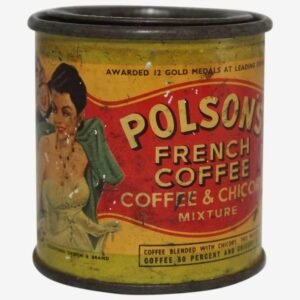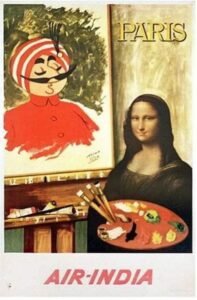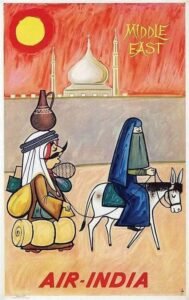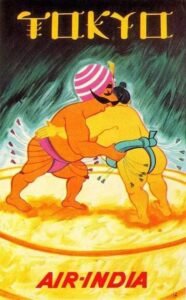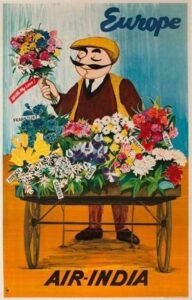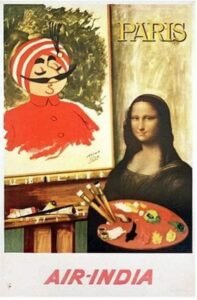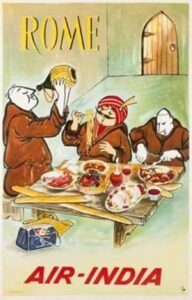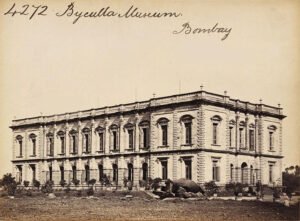

Old photos of (Bombay) Mumbai

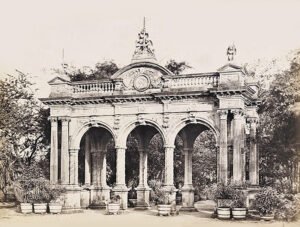
Victoria Gardens
March 1, 2021
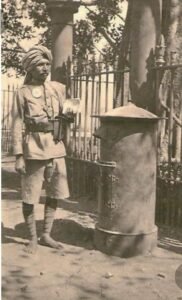
Old Timer Postman “Daakiya Daak Laya” – 1945
April 19, 2021

Eros Square – 1924
April 19, 2021
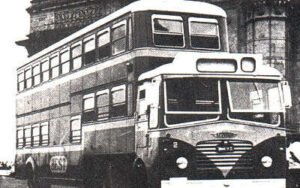
Old BEST Busses of Bombay
April 19, 2021
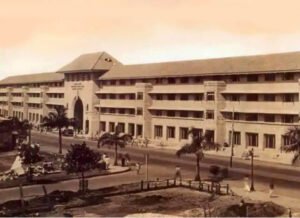
Cusrow Baug Colaba – 1934
April 19, 2021
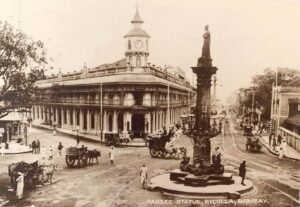
Khada Parsi
April 19, 2021
Iconic Photo of Shivaji Maharaj At Apollo Bandar
April 20, 2021
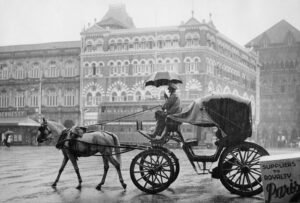
Horse Drawn Cart Going Across Tram Tracks
April 20, 2021
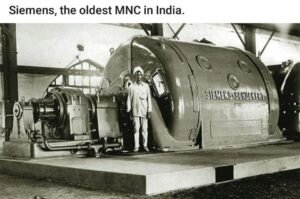
Siemens First Multinational company in India
April 20, 2021
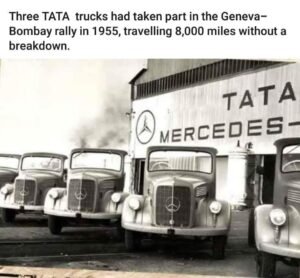
The first Tata Benz Truck went 8000km without a breakdown
April 20, 2021
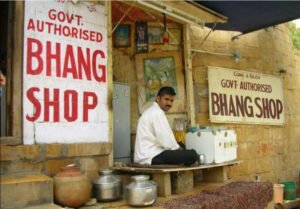
Bhang Shop Bombay 1990’s
April 20, 2021
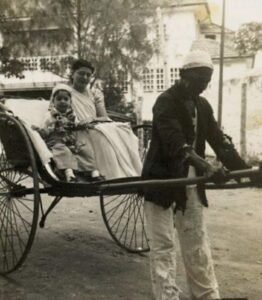
Freddy Mercury with his mom on his 4th birthday
April 20, 2021

Victoria Terminus and BMC Building -1890
April 20, 2021
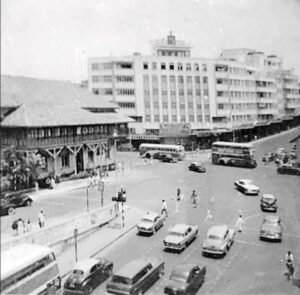
Kemps corner before the bridge was built
April 20, 2021

Radio and Television lisence was mandatory before the 1980’s
April 20, 2021
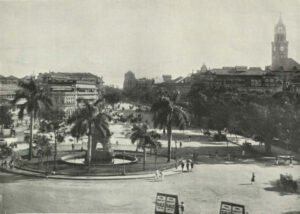
History of Flora fountain
April 20, 2021
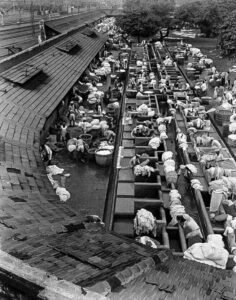
Dhobi Ghat
April 20, 2021
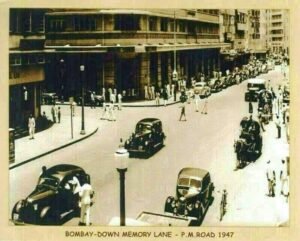
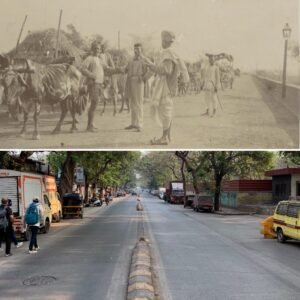
Sion Cause Way
April 20, 2021
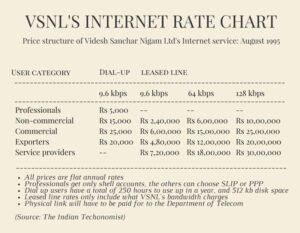
VSNL Internet Charges in 1990
April 20, 2021
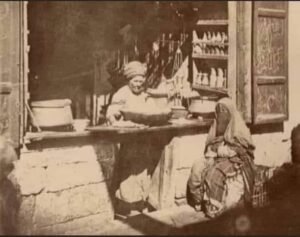
How our elders did Business
April 20, 2021
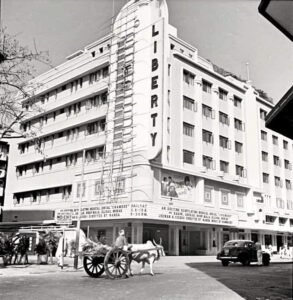
Liberty Cinema
April 20, 2021
Artifacts and Advertisements that existed in old Bombay
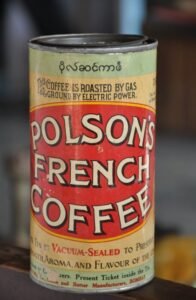
The Polson Butter Story
February 21, 2025
No Comments
Those who can still recall the nostalgic smells and flavors
